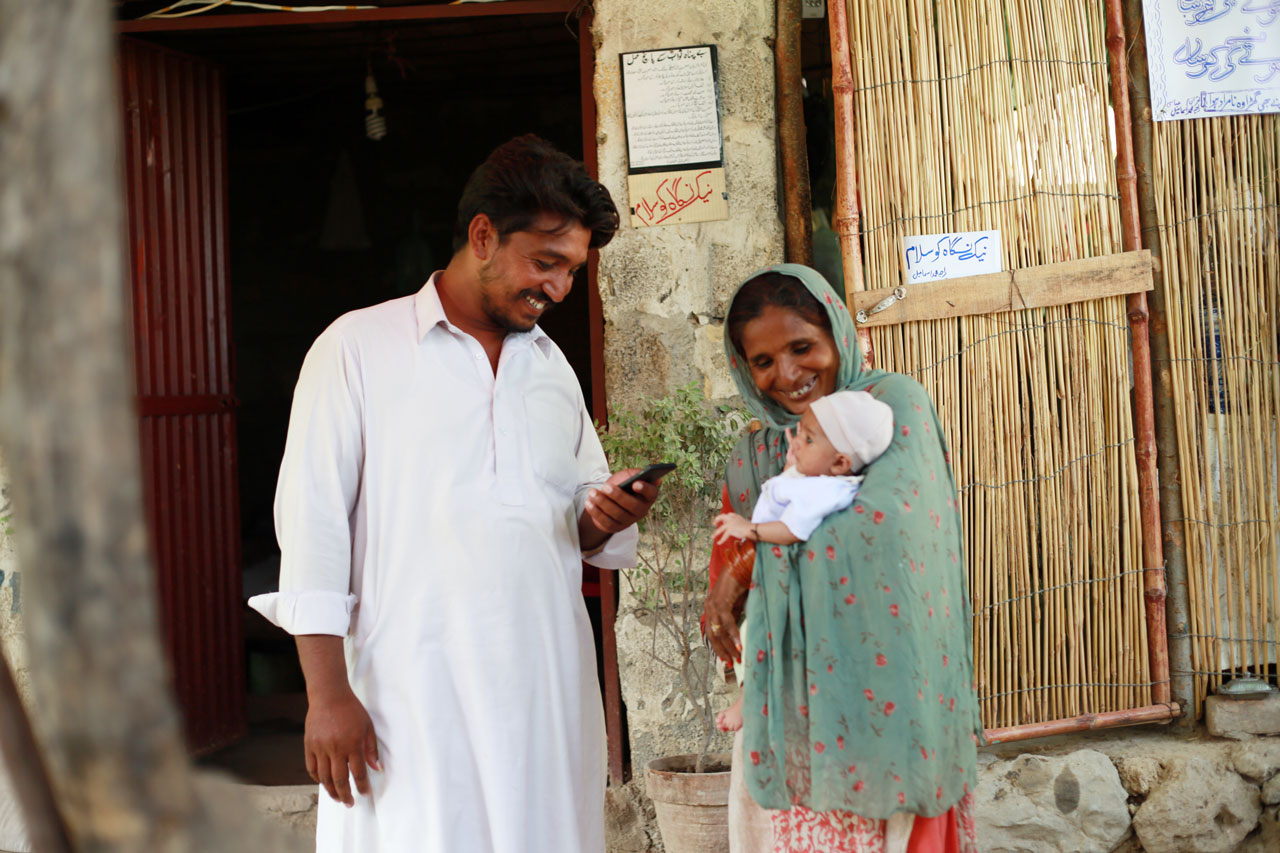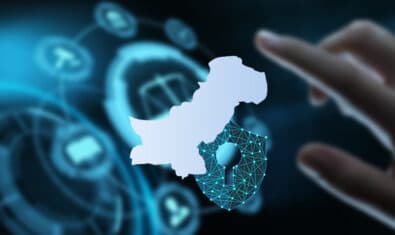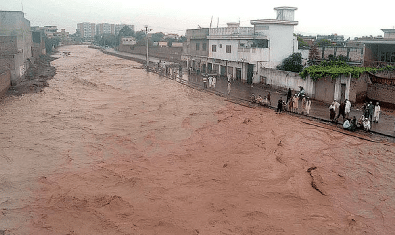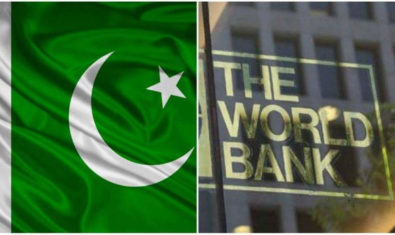Approximately 1.1 billion people across the globe weren’t registered at birth and lack any official form of identification. Around 366 million of them are children.
Perhaps the most surprising part is that 60 million of these children live in our very own country.
Background
Pakistan’s low birth registration rate can be linked to social and economic factors. Registering birth is also a tedious process, especially for children born at home or in remote areas.
Birth registration is critical in Pakistan because it is a prerequisite for obtaining a birth certificate, national identification cards, passports and in some provinces, it’s even required for school enrollment.
Furthermore, birth registration data is also utilized by government to deliver socio-economic services and helps in planning health care and constructing new school facilities.
Solution to the Problem?
Considering the gravity of the problem, Telenor Pakistan came up with a solution and developed the first-of-its-kind Digital Birth Registration (DBR) using mobile technology.
“DBR is a marriage of the efficiency, outreach, and ease that technology brings, combined with the legal and policy requirements of registering a child in Pakistan”.
Telenor launched the pilot version in 2014 and since then, has been working on improving the technology.
The app developed by Telenor Pakistan was initially only handed to authorized personnel which included health workers, marriage registrars, and staff at Telenor distribution points.
The workers and registrars moved from one house to another while Telenor distribution centers served as a point of contact which attracted members of the community of their mobile-related needs as well.
The authorized personnel reported birth-related data along with required documentation directly to the approving authority via the app. A dashboard was also maintained for government authorities to monitor the progress for future decision making.
Exporting the Programm to Myanmar
UNICEF teamed up with Telenor to scale the DBR to other developing countries and Myanmar is the first market where it has been replicated.
Both the organizations signed a partnership agreement for a Mobile Birth and Death Registration (MBDR) project endorsed by the Government of Myanmar.
When launched in Mon State, south eastern Myanmar, the pilot will allow midwives to enter birth and death registration on a smartphone application.
Township health offices receive and register this information and issue certificates using a digitalized recording system instead of the previously manual method.
EVP & Head of Emerging Asia @petterborre speaks live from Naypyidaw after today’s launch of mobile birth registration with @UNICEF, @Telenor_mm & the Myanmar Gov. He mentions @telenorpakistan’s successful pilot that contributed to #SDG10 Reducing Inequalities. Good job guys! 👏🏻 pic.twitter.com/FGN0NLRJZg
— Telenor Group (@TelenorGroup) August 27, 2018
In addition to financial support, Telenor Group will grant free data access to MBDR’s web-based platform and provide training to midwives on how to register information and manage the digital system.
UNICEF Representative to Myanmar, June Kunugi said:
We enter this partnership having witnessed the results of a recent birth registration campaign in Myanmar that opened the door for children to go school and access other basic services. The support from Telenor Group will be a game changer in allowing UNICEF to support the Government of Myanmar to reach all children through establishing a digital vital statistics system.
Although Myanmar already uses an electronic platform (eVR) to archive birth and death records at Union, State and Region levels, registration in townships is completed on paper forms.
The agreement signed on 27th August, 2018, to extend eVR in Mon State, is targeted to increase birth and death registration coverage, improve data confidentiality and security, and reduce the use of additional resources to fill, print and transport paper forms.
The pilot aims to reduce the time it takes to receive a birth registration certificate from 3-6 months down to around one month.
The new pilot is based on experiences from a first-of-its-kind Digital Birth Registration pilot carried out by Telenor in Pakistan, together with UNICEF and local Governments. By training local health workers visiting newborns for health check-ups to also register the births via a mobile app, the pilot saw an increase in birth registration from 30 percent to 90 percent in just six months.
The project has been gradually scaled and the ambition is to register 700,000 children by end of 2018, covering a total of nine districts in Punjab and Sindh provinces. Telenor Group has a global ambition of facilitating access to identity for seven million across its footprint by 2020.

























